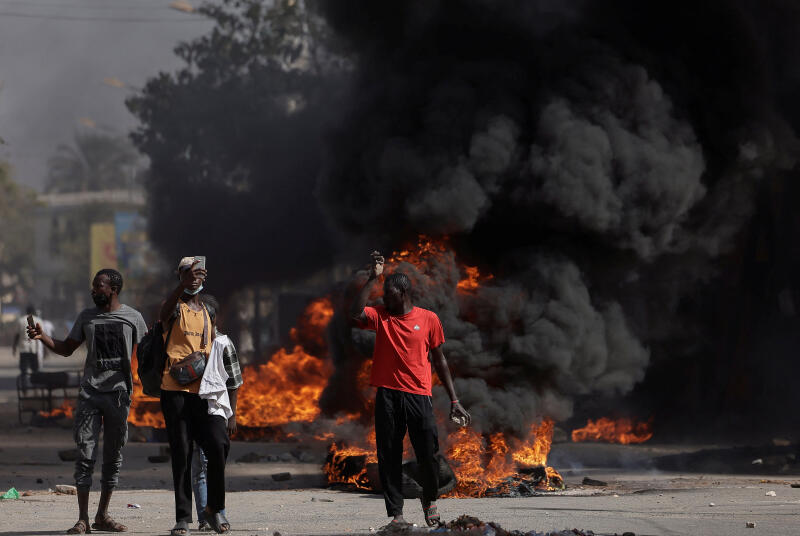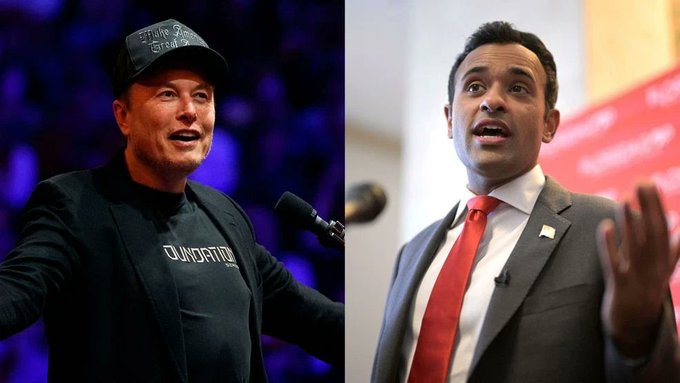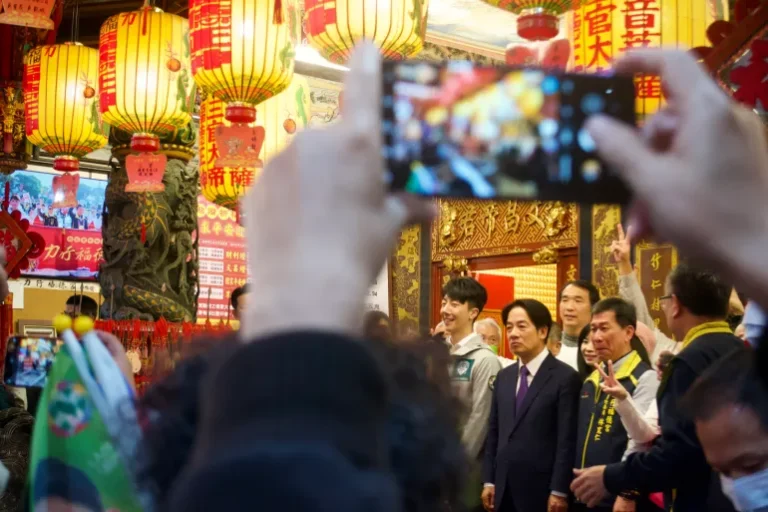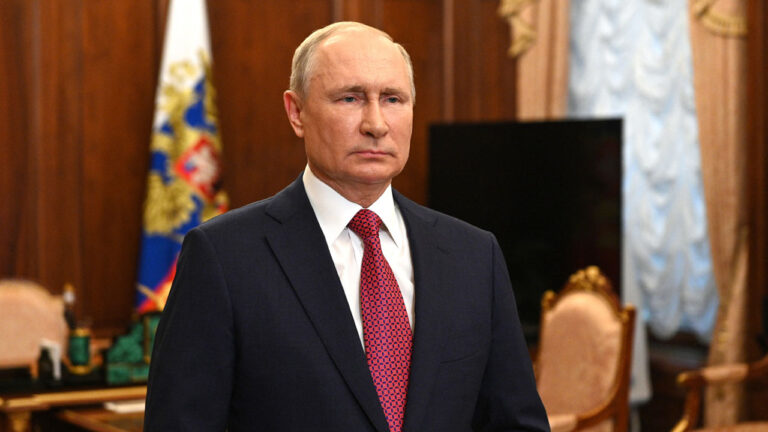Unrest Grips Senegal as Presidential Elections Postponed, Student Killed in Clashes
Senegal is engulfed in a wave of violent protests as citizens express their outrage over the postponement of the presidential elections originally scheduled for February 25. The situation escalated with the first reported fatality; a student killed during clashes with police in the northern city of Saint-Louis.
The postponement, less than three weeks before the scheduled vote, has led to widespread unrest across the country. In the capital, Dakar, security forces responded to the mounting anger by firing tear gas and stun grenades, attempting to disperse crowds of protesters burning tires and throwing stones. The protests have not only gripped Dakar but have also spread to other cities, closing main roads, rail lines, and markets.
President Macky Sall, who has reached his constitutional limit of two terms, attributes the delay to a dispute over the candidate list, claiming it jeopardized the credibility of the electoral process. However, critics argue that Sall is attempting to cling to power, and both the West African bloc ECOWAS and foreign powers have condemned the move, labeling it a departure from Senegal’s democratic tradition.

The United States embassy in Dakar voiced support for ECOWAS’s call to restore the electoral calendar in line with the constitution. The postponement bill, passed by 105 legislators in the 165-seat assembly, has raised concerns about the stability of one of the last remaining democracies in coup-hit West Africa.
The decision has sparked legal challenges, with 39 lawmakers from the opposition coalition Yewwi Askan Wi and several opposition presidential candidates filing cases with the Constitutional Court. Justice Minister Aissata Tall Sall argued that the court couldn’t handle these challenges as they did not fall within its purview. Nevertheless, she emphasized that the fact opponents were turning to the courts demonstrated that “we are in a functioning democracy.”
Senegal’s security forces have clashed with protesters, resulting in the first reported death of a student in Saint-Louis. The unrest prompted closures of main roads and disruptions to essential services. The crisis has called into question Senegal’s long-standing reputation for democratic stability in a region marked by military coups.
Amid the chaos, Senegalese citizens are urged to express their discontent beyond social media. Candidate Thierno Alassane Sall emphasized the need for tangible actions, stating, “Senegalese must show their anger, and not just on social media.”
The situation has prompted teachers to walk out, and high school pupils, including those from Blaise Diagne high school in Dakar, have joined the protests. History and geography teacher Assane Sene, reflecting on the escalating situation, stated, “If the government is stubborn, we will have to try different approaches.”
The European Union’s foreign policy chief, Joseph Borrell, expressed concern about the situation, urging Senegal to “preserve democracy” and emphasizing the importance of fundamental freedoms. Senegal, historically viewed as one of the most stable democracies in West Africa, faces a critical moment as it grapples with unprecedented uncertainty, marking the first time a presidential election has been postponed since gaining independence in 1960.






